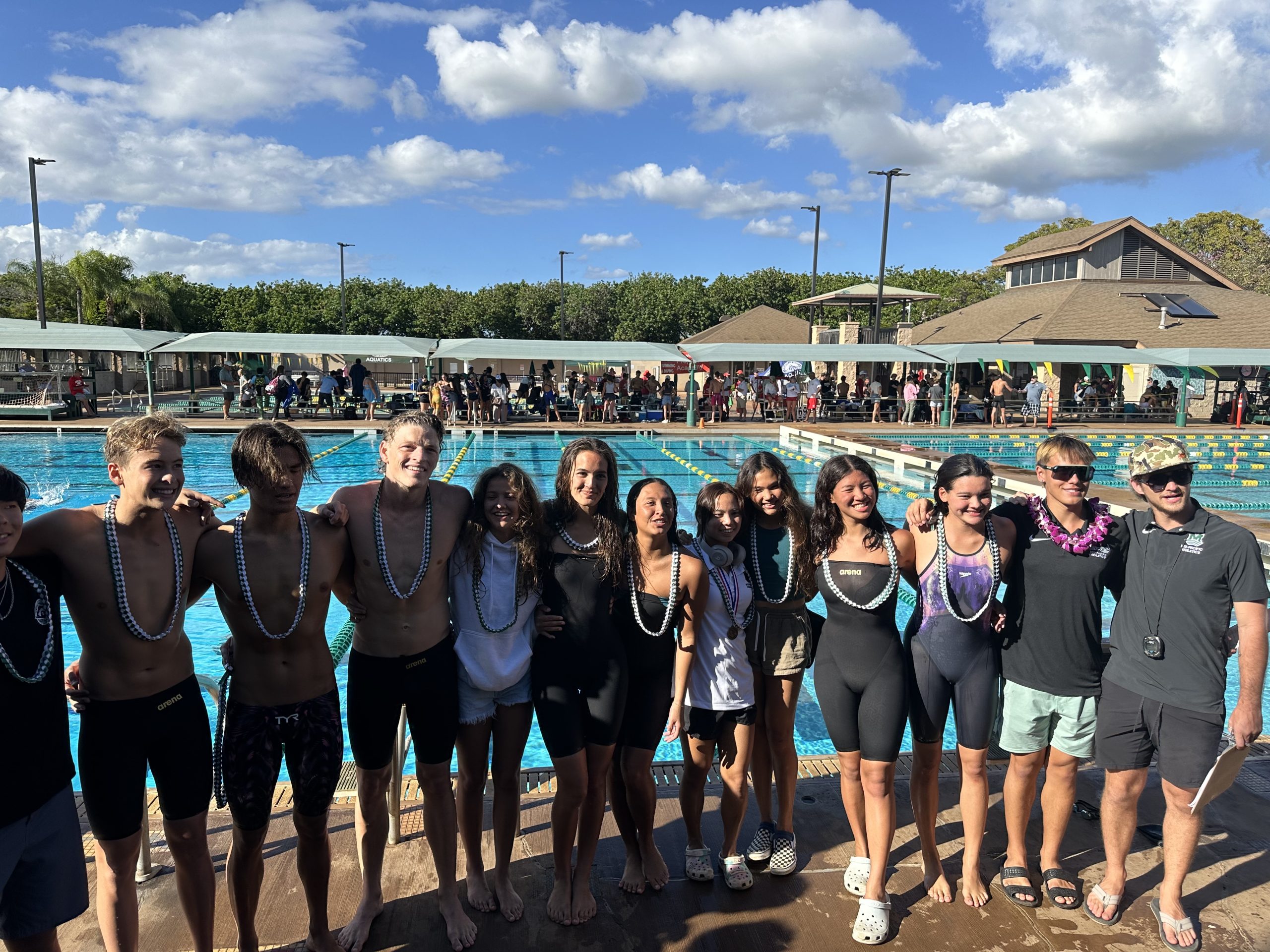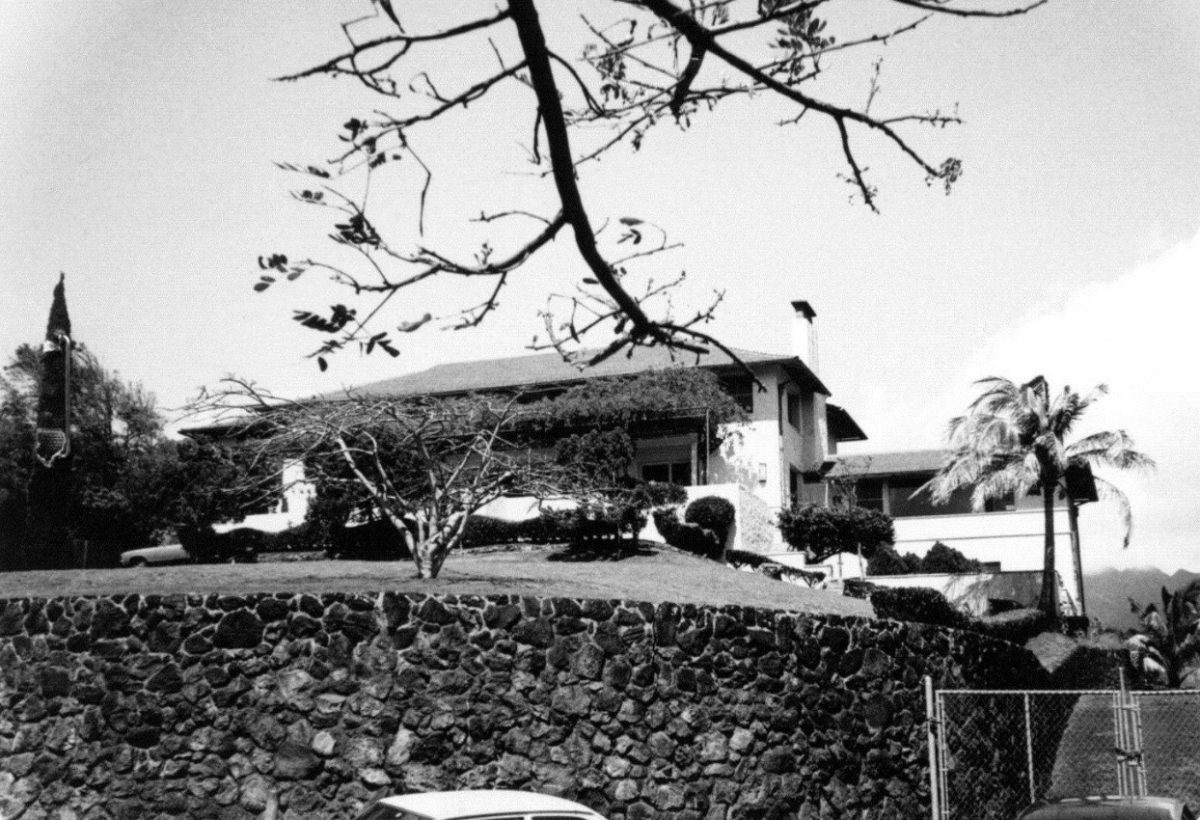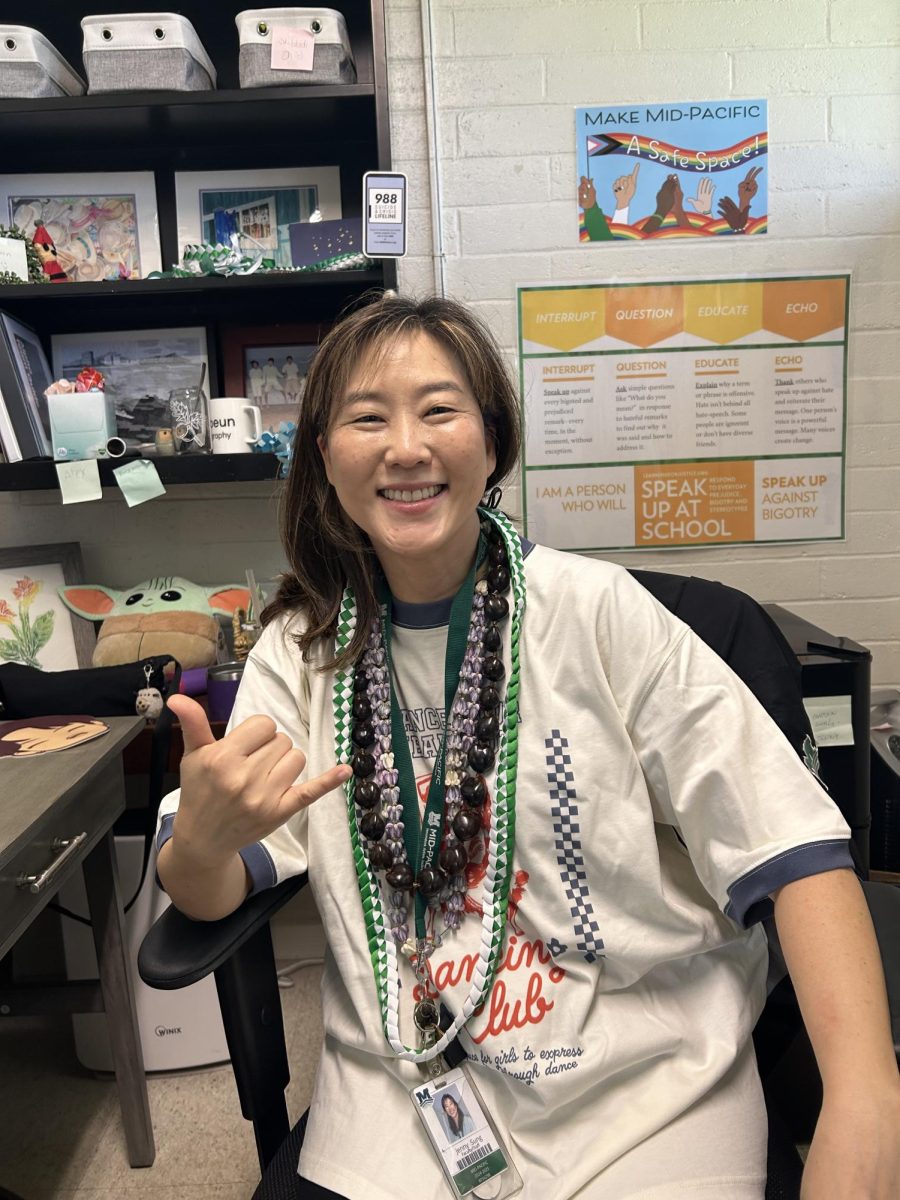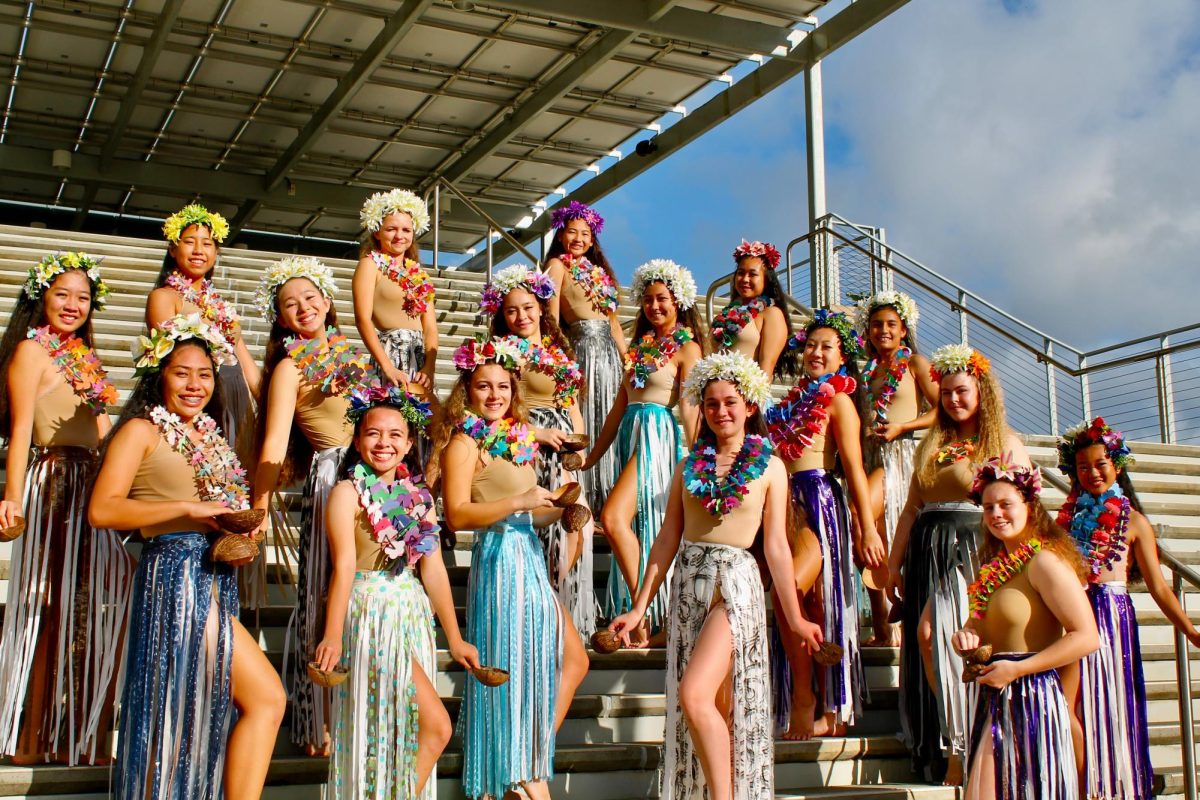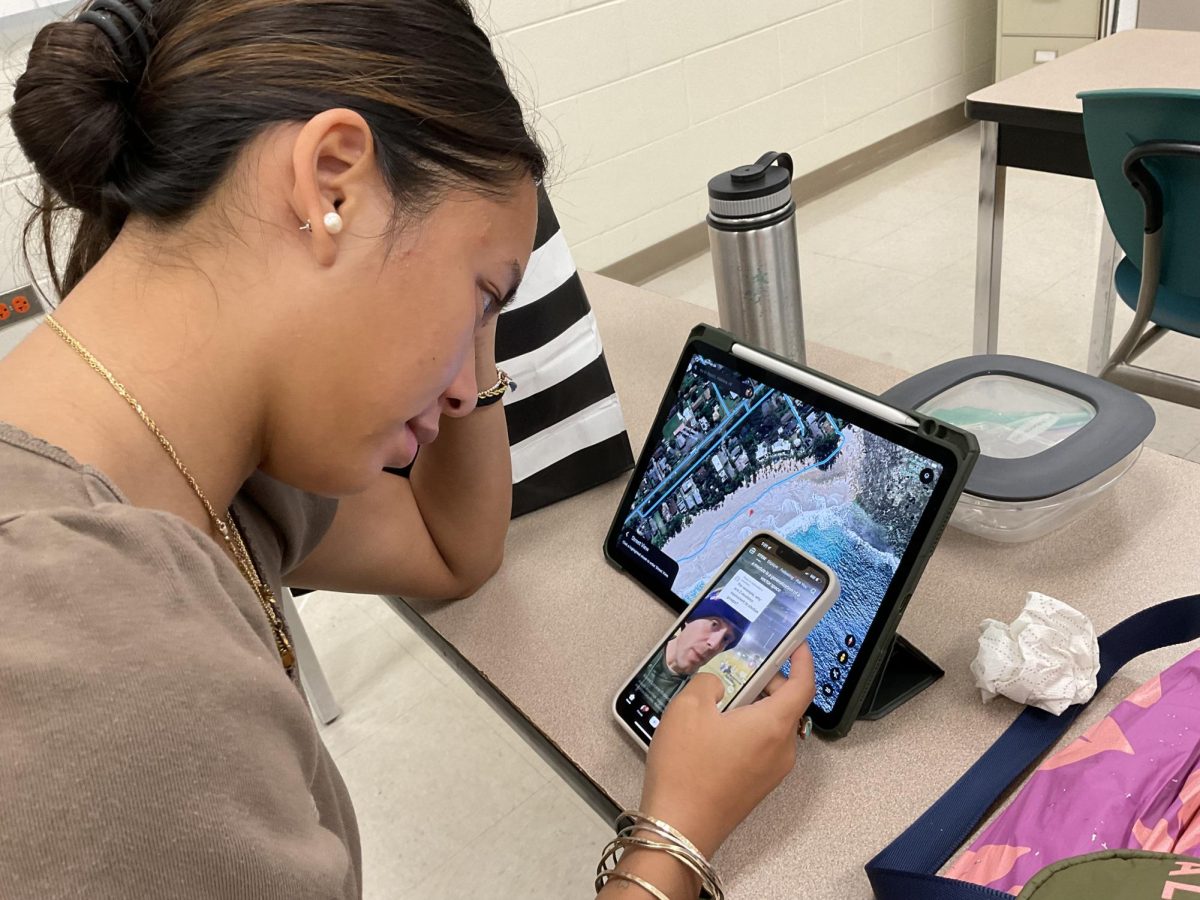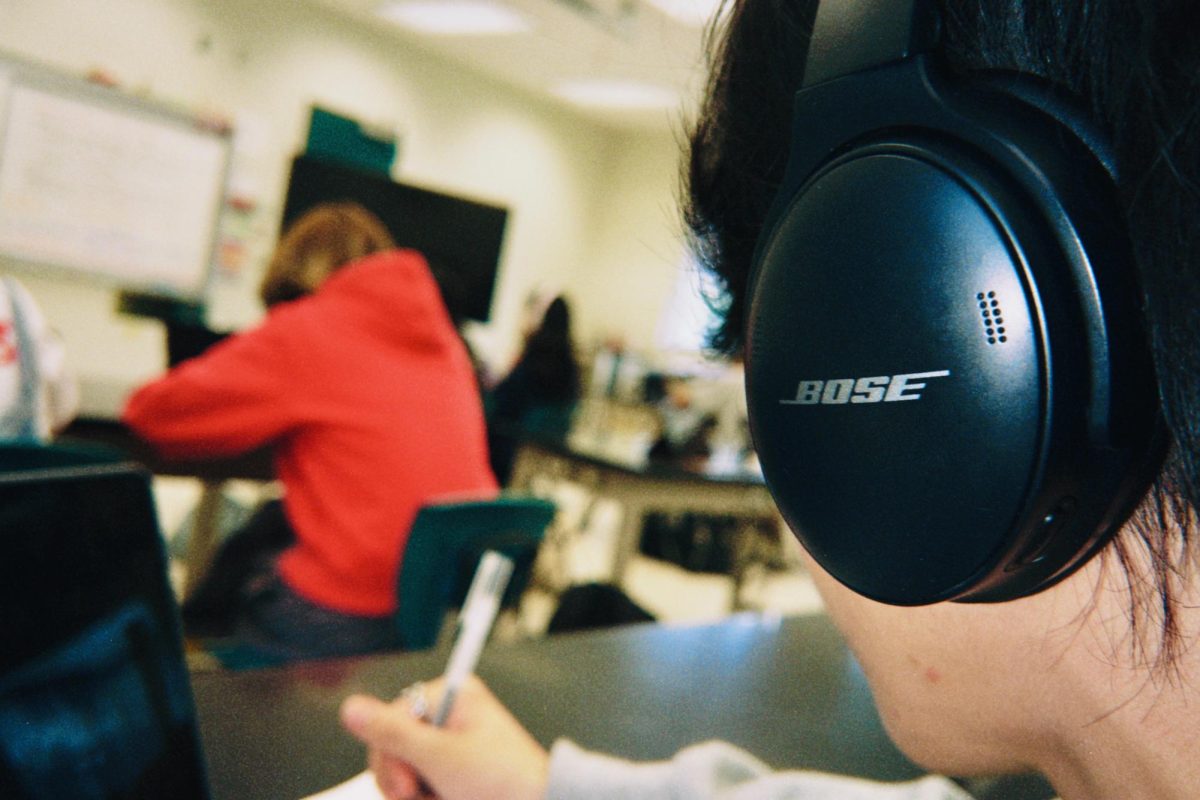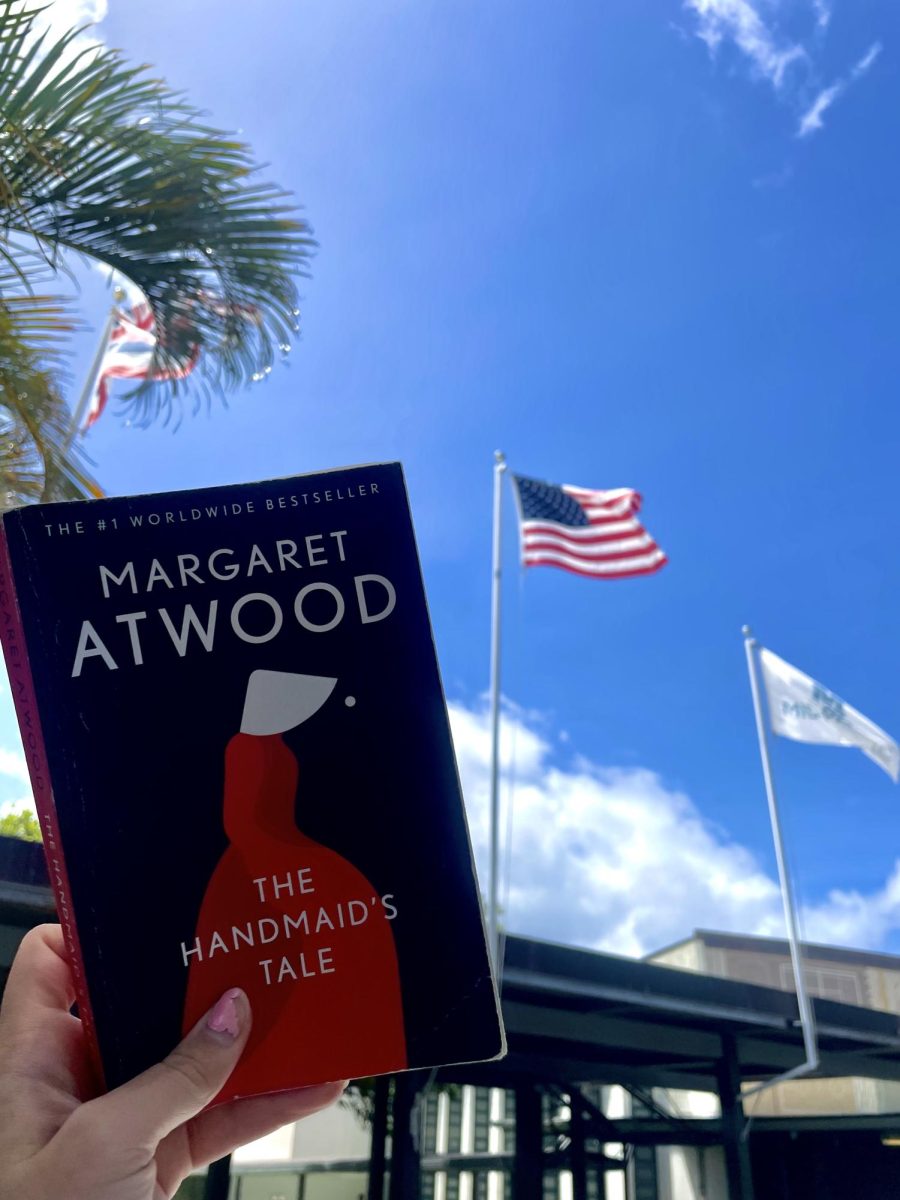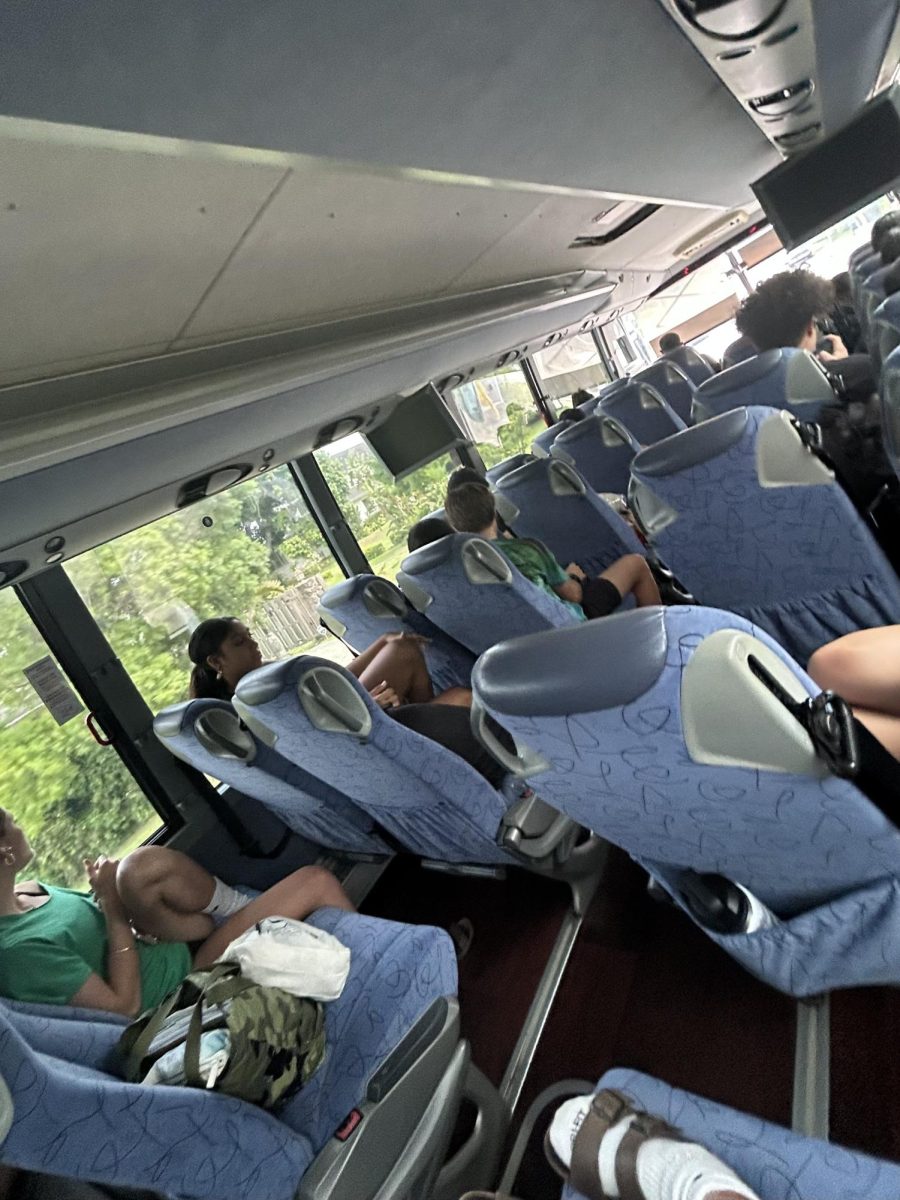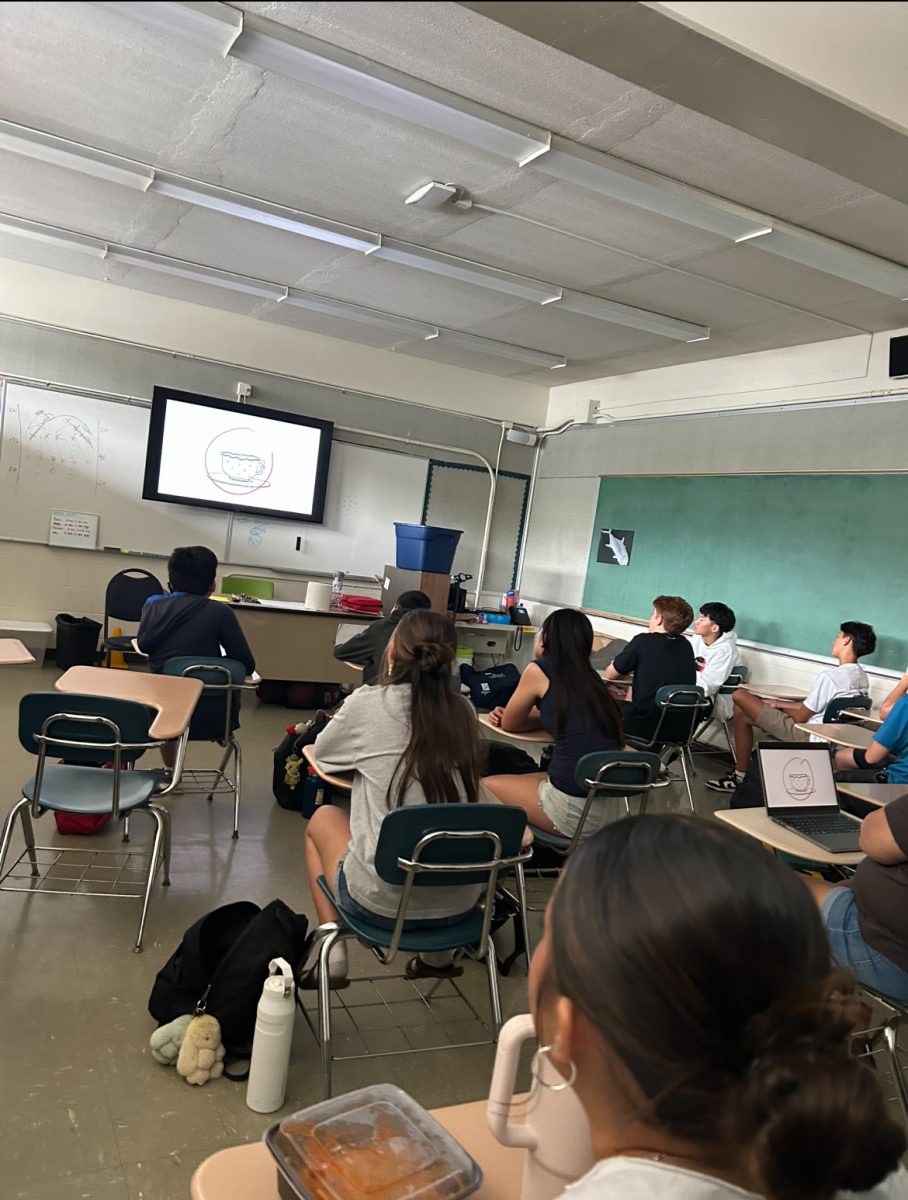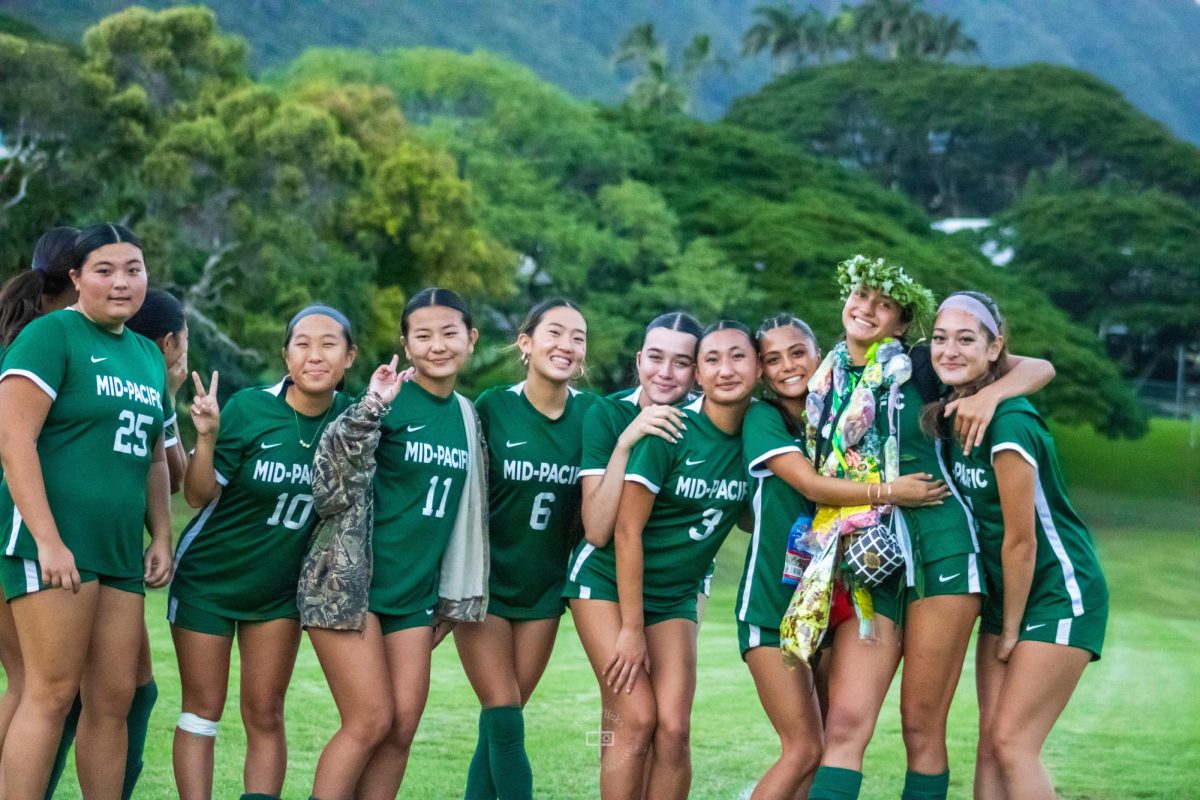Mid-Pacific has experienced an influx of successful teams in recent athletic seasons, causing us to recognize the impact of the athletes on the team. However, the effect of the coaches on athletes, and the team, is also important.
There are many factors that contribute to the greatness of a coach, and how they can improve one’s athletic performance. This ultimately translates to the success and lasting impression on an athlete that they guide.
“Though I was a first time paddler, the welcoming environment helped me greatly improve and move up to Varsity 2 in my first season,” sophomore Charley Paulino said.
Some students agree that athletes can benefit from positive characteristics that an effective coach possesses.
“I think that a good coach needs to be able to listen and help their athletes, and to also be understanding of life as a student-athlete,” sophomore Isabel Spiessberger said.
Although, others find that there is a need for a more instructive approach.
“I like how many of the coaches verbally and physically show us what we’re doing wrong and to improve our performance to benefit our team and ourselves,” Paulino said.
While these are some universal traits, some coaches provide experiences that allow an athlete to feel more fostered into the environment, causing them to be tremendously more intertwined in the game.
“Once my coach integrated the junior varsity and varsity teams during practice. It really helped both teams become strong and unified, as the environment felt friendlier for me even while being younger than most of my peers,” sophomore Matthew Shon said.
Others find joy in the fun practice days set by the coaches, where they are able to practice while enjoying the fun with the coaches.
“During practices they take more of an active role which I would say is an extra effort since they could just watch instead and comment but they choose to hit with us sometimes which I enjoy,” junior Krystta Horita said.
There are also some favorable coaches who create a similar hospitable environment by being supportive while also setting standards that students are expected to respect.
“My coaches helped us by allowing many to paddle during a race, but they also set higher expectations that made me a better paddler. Where we have to earn our spots by attending practices and trying.” Paulino said.
Regardless, the position of coaching can have a tremendous impact on the students themselves and shape their future in the sport.
Especially when two-thirds of the student body participates in at least one Mid-Pacific sport, athletics is a big part of the culture here.
With that being said, Mid-Pacific coaches also come from many different backgrounds and skill sets. This could impact how a coach may gain respect.
“I think that once they get the ball rolling it’s a matter that they mustn’t do anything unfair or unjust. More or less, the coaches I’ve respected the most were those that displayed authority and an individualized perspective with each player,” Shon said.
Yet some may say that veteran coaches play a big role in the work ethic of a team, Horita argues that years in the game aren’t always the most important.
“It does help to have more tennis experience and coaching under your belt, but if they give us good advice then it doesn’t matter how much experience they have,” Horita said.
Though it may be inevitable that an unpleasant coach may arise, some have adapted to take these moments and translate them into learning opportunities.
“If there is a hardship up ahead, I find that it’s always better to use it as a learning moment, because I’ve been taught that it is better than pouting on it,” Shon said.
With lessons being learned, it exemplifies how some value that coaching goes beyond a scoreboard or a trophy. Where one offers leadership and guidance to foster a growth of community and character development.
“Overall the main job of a coach for me is for them to help an athlete reach their potential, by communicating well and being motivating” Paulino said.


